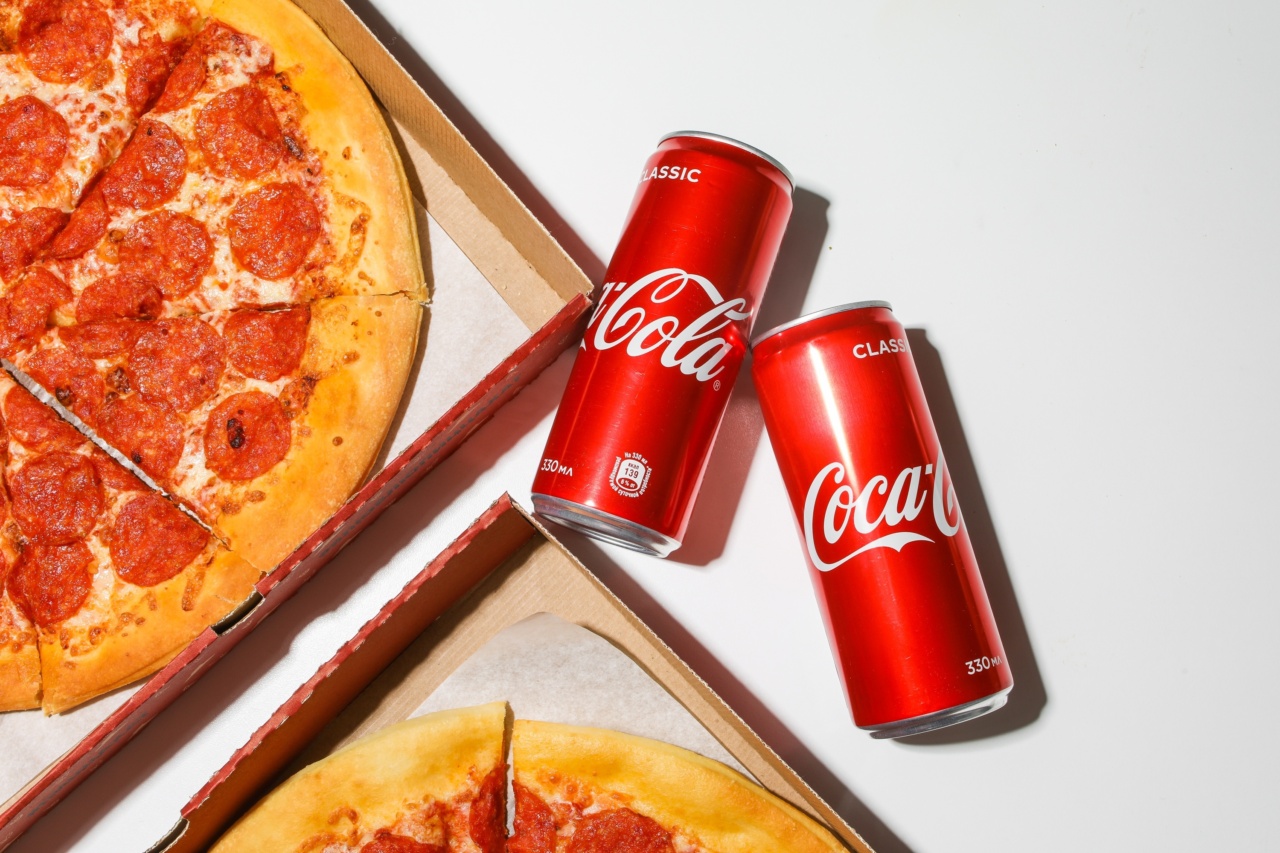Food is not only a source of sustenance but also a trigger for various bodily processes. Our digestive system plays a crucial role in breaking down the food we consume and extracting the necessary nutrients.
However, certain food pairings can impede the optimal functioning of our digestive system, leading to negative health impacts. In this article, we will explore how specific combinations of food can negatively affect your health and provide alternatives for healthier choices.
The Importance of Proper Food Combinations
Proper food combinations can enhance nutrient absorption and digestion while improper pairings can have the opposite effect. Our digestive system produces different enzymes and gastric juices to break down and digest food efficiently.
However, some food combinations can require conflicting digestive environments, leading to digestive distress, reduced nutrient absorption, and increased production of gas.
1. Protein and Starch
Pairing protein-rich foods with starchy carbohydrates can disrupt digestion. Proteins require an acidic environment to activate the enzyme pepsin, whereas starches need an alkaline environment for the enzyme amylase to work optimally.
Combining the two can neutralize the acidic conditions required for protein digestion and delay starch digestion, leading to bloating and gas. For a healthier alternative, pair proteins with non-starchy vegetables instead.
2. Dairy and Citrus Fruits
The combination of dairy products and citrus fruits can lead to digestive difficulties. The high acid content in citrus fruits can curdle milk proteins, making it harder for our bodies to digest them.
This can result in stomach discomfort, bloating, and even diarrhea. If you still want to enjoy both, try consuming them separately or opt for non-dairy alternatives like almond milk when consuming citrus fruits.
3. Fruit after a Meal
It is a common practice to consume fruit after a meal. However, fruits tend to digest more rapidly than protein and starches.
When eaten after a larger meal, fruits can become trapped in the digestive system, leading to fermentation and the production of gas. It is best to consume fruits on an empty stomach or at least 30 minutes before a meal to ensure optimal digestion.
4. High-Fat and High-Sugar Foods
Indulging in a combination of high-fat and high-sugar foods can have a detrimental impact on your health. This pairing not only leads to excessive calorie intake but can also overload the liver and result in insulin resistance.
Such combinations are often found in processed junk foods, leading to weight gain, increased risk of chronic diseases, and reduced energy levels. Opt for healthier alternatives that do not contain both excessive fats and sugars.
5. Red Meat and Processed Carbohydrates
The combination of red meat and processed carbohydrates like white bread or pasta can lead to digestive discomfort and affect overall health. Red meat is high in protein, and the digestion process requires a significant amount of stomach acid.
Processed carbohydrates, on the other hand, are quickly broken down into sugars, which require a more alkaline environment for digestion. Combining the two can lead to digestive distress and an increased risk of inflammation. Swap processed carbs for whole grains or opt for lean protein sources like poultry or fish.
6. Alcohol and Energy Drinks
Mixing alcohol with energy drinks can be a dangerous pairing. Energy drinks contain high levels of caffeine and stimulants, which can mask the sedative effects of alcohol.
As a result, individuals may consume larger amounts of alcohol, leading to excessive drinking and potential alcohol poisoning. Moreover, the combination can place additional stress on the heart and liver. It is advisable to consume alcohol responsibly and avoid mixing it with energy drinks.
7. Beans and Dairy
Combining beans and dairy can result in discomfort and gas accumulation. Beans contain complex sugars called oligosaccharides, which are difficult to digest by our bodies’ enzymes.
Dairy products, particularly cow’s milk, can further contribute to gas and bloating. If you enjoy legumes, try pairing them with non-dairy alternatives or choose lactose-free options for your dairy consumption.
8. Fried Food and Carbonated Beverages
Indulging in fried food along with carbonated beverages can be a double whammy for your digestive system. Fried foods are typically high in unhealthy fats and are already challenging for the body to digest.
Pairing them with carbonated drinks can worsen the situation by introducing excess gas into the system. This pairing can lead to discomfort, bloating, and belching. To minimize the negative effects, opt for water or herbal tea instead.
9. Cereal and Orange Juice
Many individuals enjoy starting their day with a bowl of cereal and a glass of orange juice. However, the combination of cereal’s carbohydrate content and orange juice’s acidity can hinder digestion.
The acidity of orange juice can curdle the milk in cereal, leading to digestive distress. If you prefer a liquid accompaniment, try having a glass of water or almond milk instead of orange juice.
10. Coffee and Dairy
A morning cup of coffee with dairy may be a common habit, but it is not the best pairing for your health. Coffee is known to stimulate the production of gastric acid, which can be further exacerbated when combined with dairy.
This combination can lead to acid reflux, heartburn, and an upset stomach. To minimize these symptoms, consider switching to non-dairy creamers or plant-based milk alternatives.
Conclusion
Being mindful of the food combinations we consume can greatly benefit our overall health. Avoiding improper food pairings can enhance digestion, nutrient absorption, and reduce the risk of digestive discomfort.
Opt for healthier alternatives and experiment with different combinations to find what works best for your body. Remember, a balanced and varied diet is key to maintaining good health and enjoying your meals.






























